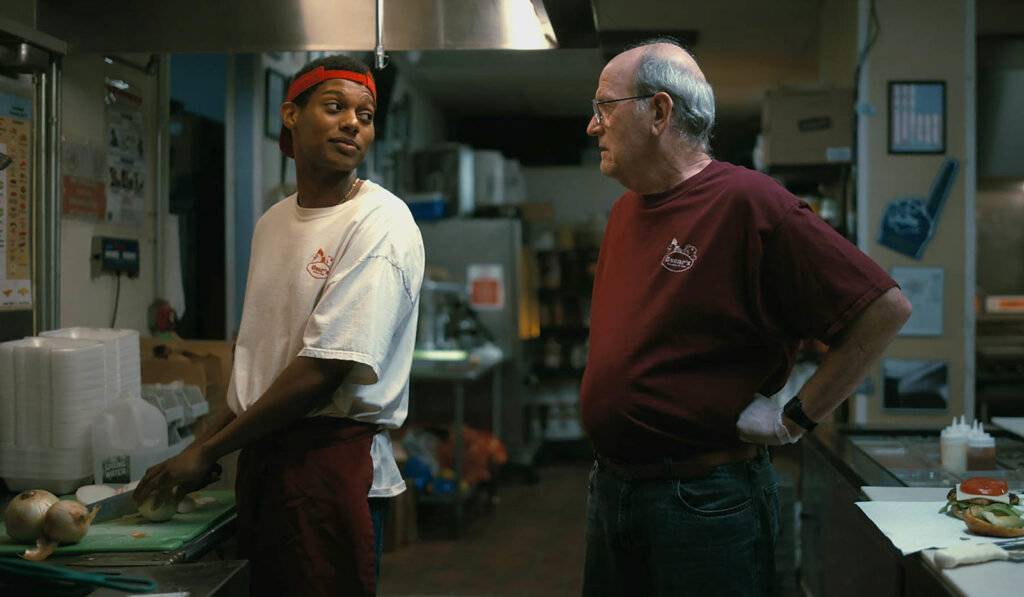Sundance Review: Hive
Written by Ian Thomas Malone, Posted in Blog, Movie Reviews, Pop Culture
A film like Hive strikes at the core of the global fight for women’s rights. To think of a woman being mocked for obtaining a driver’s license is so fundamentally sad on a human level. For all the triumphs that feminism has achieved, a simple look at a war-torn region like Kosovo demonstrates how far the world still has to go.
The film follows Fahria (Yllka Gashi), a woman struggling to keep her family afloat after her husband went missing in war, a plight that plagues thousands of families in the region. Fahria seeks to support her family by making homemade ajvar, a popular pepper-based condiment, and honey. Fahria employs many women in her village, struggling to support herself in a highly patriarchal society.
Based on a true story, director and screenwriter Blerta Basholli crafts an intimate family drama that’s easy to follow along with regardless of one’s understanding of the politics of the region. Fahria is a very relatable protagonist, a person who merely wants to support herself in a part of the world that doesn’t look too fondly on women with agency. She puts her skills to good use, undeterred by any external considerations.
The acting is top-notch. Gashi delivers a subtle performance that aims for more an inspirational tone than to evoke a degree of pity from the audience. Fahria doesn’t need help, she needs a fair chance, the kind of opportunity sorely missing for women in too many parts of the world.
As Fahri’s father-in-law Haxhiu, Çun Lajçi delivers a strong supporting performance. Haxhiu is predictably old-fashioned, but with a sense of depth that reflects both Lajçi’s talents as an actor and Basholli as a screenwriter. Haxhiu is a proud traditional man living in the rubble of a world that no longer exists. The two have a relationship based on mutual respect rather than a stubborn adherence to rules that no longer apply.
Basholli is a confident filmmaker who recognizes the raw power of her narrative. Rarely does the film play any drama up for shock value, nor does it feel the need to wallow in misery that would be pretty understandable given the circumstances. Hive is an uplifting story of perseverance with a stellar cast and first-rate production values.
The only element that could have been improved upon, especially for international audiences, is the lack of exposition regarding the broader politics of the area. The film frequently mentions how many men were forced to fight in the war, with many lost without any sense of clarity or closure for their families. It is quite impressive that a film clearly made for people with ties to the region possesses such a degree of universality.
Hive is a great film for those looking to understand the struggles that women still have to face in other parts of the world. Basholli works with a bare-bones sense of realism that’s quite inspiring. Rarely does a film win over its audience with such effortless execution.



















